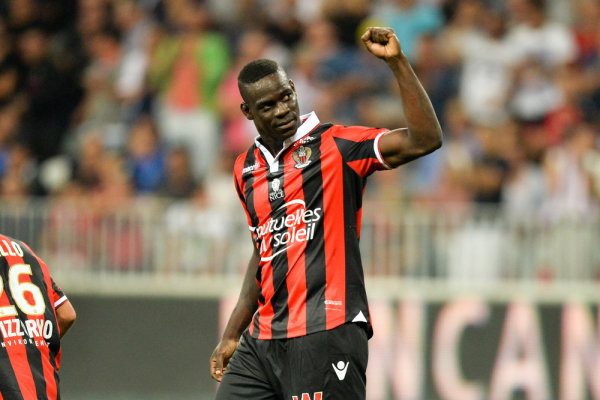Javier Portillo: Real’s forgotten man
A little over a decade ago Real Madrid were the dominant force in European Football. They had lifted the much coveted Champions League trophy three times in five years and had a squad boasting many of the leading players of that era. There was little if any focus on bringing through youth team players but one player appeared to be bucking the trend, his name was Javier Portillo.
The young Portillo was born in Aranjuez, a province of Madrid, and was a member of the youth set up at Real from the age of 12. Despite many of the extravagant purchases the perceived standard bearer of the club was still Raul. In many ways his early career had mirrored Portillo’s and so there was great expectations placed on young Javier’s shoulders from an early age. Indeed, during Portillo’s time in the youth sides these comparisons became more frequent as he went on to score a record 150 goals beating Raul’s own record.
It was a tough period for young Madridista’s with intentions of playing for the club they adored and longed to represent. Every summer during that period the president would make one, if not two, significant signings every year which would make it even harder for progression to happen. With a starting line up boasting Figo, Hierro, Raul, Ronaldo and Zidane to name but a few opportunities were going to be hard to come by for any prodigious young player hoping to make the grade.
However, during the 2002/3 season Portillo finally got his chance and helped the side to progress in the Champions League with a fine equaliser against Borussia Dortmund. It seemed to many that Madrid had finally managed to unearth the next superstar to rival their beloved Raul. He went on to score 14 goals in all competitions that season and expectations continued to grow.
The problem Portillo always faced though was that he had to do something spectacular in almost every appearance in order to warrant a regular place. Placing these kind of expectations on any young player makes it extremely tough to succeed, and following an unsuccessful loan spell at Fiorentina a year or so later, he was finally released by the club in 2005/6. It was seen as further proof of the failings of Madrid’s efficiency at producing young players and one that still resonates today in certain circles.
Following his departure from Madrid he enjoyed a good initial spell at newly promoted Gimnastic where he scored 11 goals in his first season and earned a move to Osasuna. However, after falling further and further behind in the pecking order, the majority of his appearances came as a substitute and his goal scoring exploits became almost non existent. He has since played for Hercules and Las Palmas to some degree of success, but has not touched on the levels of performance initially witnessed at Real.
It is incredibly tough to decipher whether Portillo’s failings are a result of not being quite as good as initially thought or whether he paid the price for Madrid’s purchasing policy. Young players need an environment where they can thrive and learn to corrent their errors on the pitch rather than being excluded. At the time though, Madrid was an incredibly tough place to succeed for a young player intending to make his mark and perhaps people were too hasty in believing he was Raul’s long term successor.
In recent years, we have seen Barcelona’s faith in their youth development reap rewards but it is still something that plagues Madrid. There has been a clear emphasis placed upon buying the best players from around the world rather than develop their own stars.
Portillo was let down badly by the system, but it remains unclear as to how good he could have been had Madrid had a better system for nurturing young talent.
Written by Andy Hunter
Follow Andy on Twitter @hunter67980
Please like O-Posts on Facebook
You can follow O-Posts on Twitter @OPosts




Miles
April 4, 2024 at 11:16
It’s interesting looking back at the initial Galactico era. The team policy wasn’t solely based around global superstars, however, as Florentino Perez openly called it a model of ‘Zidanes y Pavons’: sign one mega star, promote one youth player.
Casillas, Celades, Guti all pushed their way into the side alongside Raul and Morientes. Youth was given its chance so I’d suggest the case may be a bit more black and white with the unfortunate Portillo: he just wasn’t good enough.